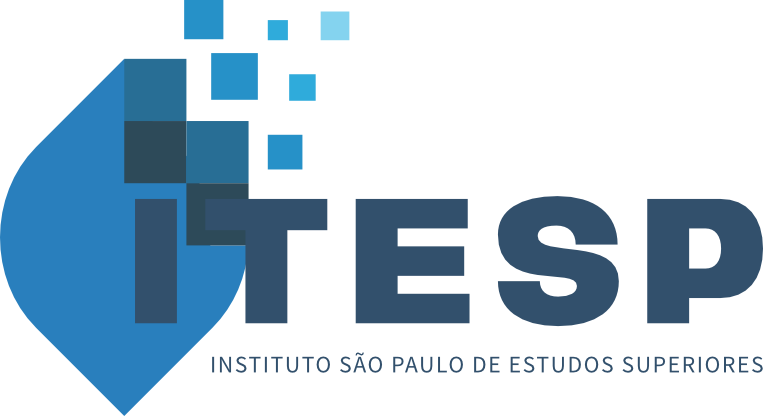Puebla Document Lights and Silences
Keywords:
Puebla document, lights, silences, evangelizationAbstract
The article studies Puebla's document in its riches and silences. It seeks to understand the III Conference in the conflict between two theological currents: liberation and colonial conservation. The silence that calls to the heavens is the absence of recognition of the 88 martyrs murdered by the military dictatorships from 1968 until 1979. Although Puebla confirms the option for the poor, it will always do so through adjectives, adverbs and editorial manipulations of the wealth approved by the 222 synodal participants. This paradox between the lived, the spoken and the finally written can be seen in the heroic battle of prophet bishops such as Aloísio Lorscheider, Helder Câmara, Paulo Evaristo Arns, Luciano Mendes, Leonidas Proaño, Luis Bambaren and, above all, in the holy life of Oscar Arnulfo Romero. Rereading the story 40 years later it concludes that evangelizing is the collective role of the People of God, not the privilege of the Catholic hierarchy. In assuming the crucified and proclaiming the Resurrection, the Church acquires a fundamental and proper face. In recognizing the indigenous, the black, and the women, It manifests the multifaceted richness of the Spirit of Jesus. That is the richness of Puebla.
Downloads
References
BETTO, Frei. Diário de Puebla. Rio de Janeiro: Civilização Brasileira, 1979.
BETTO, Frei. Puebla para o povo. Petrópolis: Vozes, 1985.
CELAM, Documento final da II Conferência Geral do Episcopado em Medellín, Colôm-bia, in: https://www.faculdadejesuita.edu.br/eventodinamico/eventos/documentos /documento- FwdDtt9v3ukKPDZq.pdf, consultado em 10/08/2019.
CODINA, V. Eclesiologia latino-americana da Libertação. In: Revista Eclesiástica Brasi-leira. Vol. 42, n. 165 (1982) p. 61-81.
KLOPPEMBURG, B. Genesis del Documento de Puebla, in: Medellin, vol. 5, ns. 17-18 (1979).
LIBÂNIO, J. B. Apresentação didática. In: CELAM. III Conferência Geral do Episcopado Latino-Americano. Conclusões de Puebla: A Evangelização no Presente e no Futuro da América Latina. São Paulo: Loyola. 1979. P. 55-80.
LIBÂNIO, J. B. A volta à grande disciplina: reflexão teológico-pastoral sobre a atual con-juntura da Igreja. São Paulo: Loyola, 1983.
MARINS, J. De Medellín a Puebla: a práxis dos Padres na América Latina. São Paulo: Paulinas, 1979.
NERY, I. J. Teólogos e pastoralistas: atores dentro ou fora das Conferencias. In: BRI-GHENTI, A. e PASSOS, J. D. (org.). Compêndio das Conferencias dos Bispos da América Latina e Caribe. São Paulo: Paulus / Paulinas, 2018.
ROMERO, O. A. Su diario, San Salvador: Arzobispado de San Salvador, CA, 2000.
SOBRINO, J. MARTIN-BARO, I. e CARDENAL, R. (orgs.). La voz de los sin voz – La palabra viva de Monseñor Romero. San Salvador, CA: UCA EDITORES, 1980.




